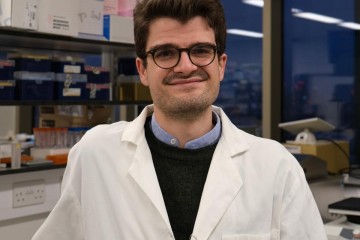Fellowship
Generation of functionally mature pancreatic organoids as a replacement strategy for animal-models of pancreatitis and pancreatic cancer

At a glance
Completed
Award date
June 2021 - July 2023
Grant amount
£131,244
Principal investigator
Dr Jean-Francois Darrigrand
Institute
King's College London
R
- Replacement
Read the abstract
View the grant profile on GtR
